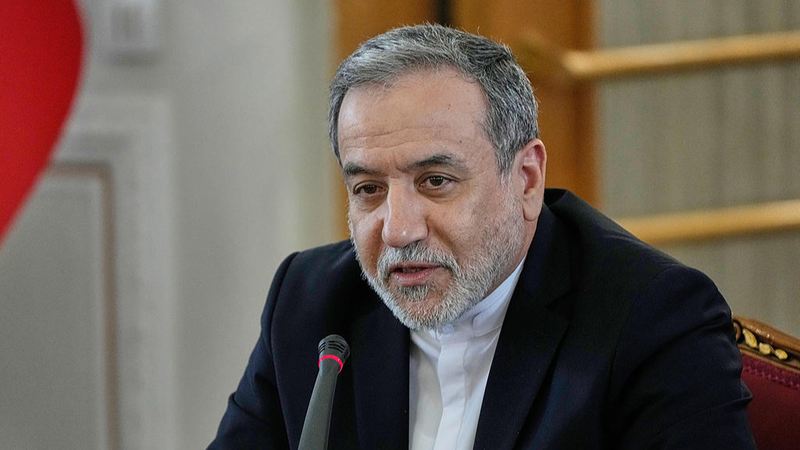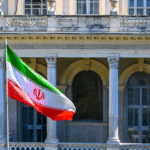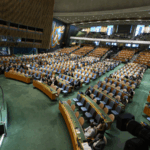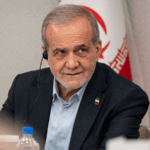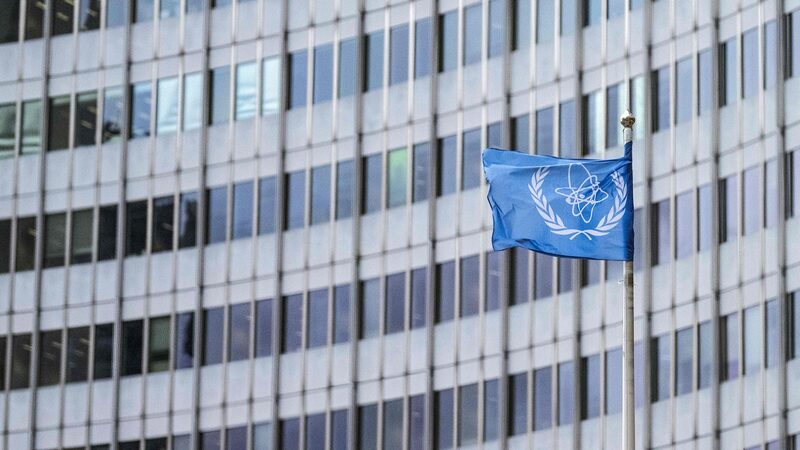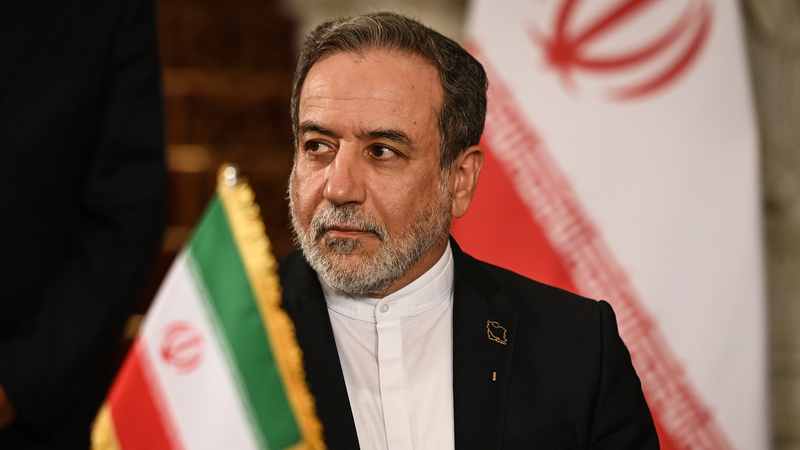A decade-long chapter in global nuclear diplomacy closed this week as UN Security Council Resolution 2231 – the legal backbone of the 2015 Iran nuclear deal – expired on October 18. The sunset clause triggers significant shifts in Iran's nuclear program oversight and international relations.
Iranian Foreign Minister Seyed Abbas Araghchi confirmed the expiration late Friday, stating the development removes all previous UN restrictions on Tehran's nuclear activities and takes the matter off the Security Council's agenda. The Joint Comprehensive Plan of Action (JCPOA), signed by China, France, Germany, Russia, the UK, US, and EU, initially sought to limit Iran's uranium enrichment in exchange for sanctions relief.
"Iran will now exercise its full rights under the Nuclear Non-Proliferation Treaty," Araghchi declared on social media platform X. He emphasized Tehran's commitment to cooperate with the International Atomic Energy Agency (IAEA) through existing safeguards agreements, while asserting that "nuclear program scale limitations are permanently lifted."
The expiration comes amid heightened regional tensions and evolving energy markets. Analysts suggest restored Iranian nuclear rights could impact Middle East security dynamics and global oil trade, while arms control experts warn of potential proliferation challenges. Business leaders are monitoring how this development might affect sanctions regimes and investment opportunities in Iran's energy sector.
As diplomatic channels remain open between Tehran and IAEA officials, the international community awaits concrete measures demonstrating Iran's continued adherence to non-proliferation principles. The expiration leaves critical questions about future verification mechanisms and regional stability in Asia's strategically vital western frontier.
Reference(s):
JCPOA ends: Iran regains nuclear rights as UN resolution expires
cgtn.com
